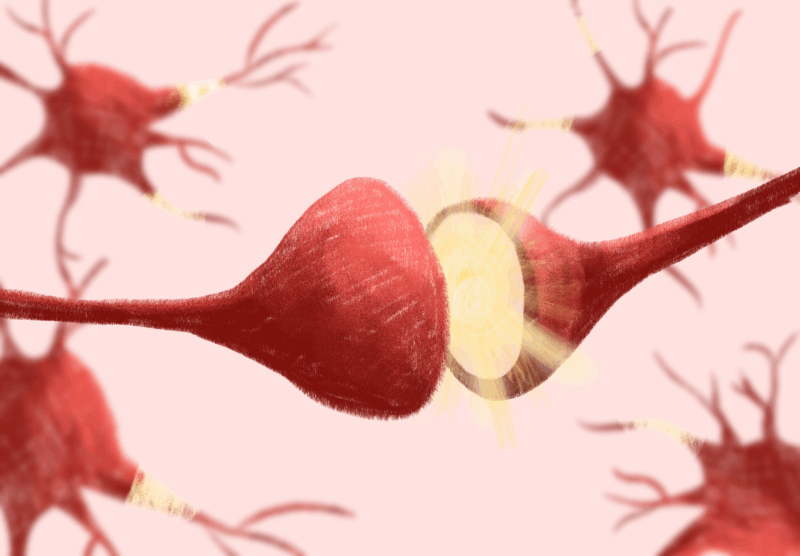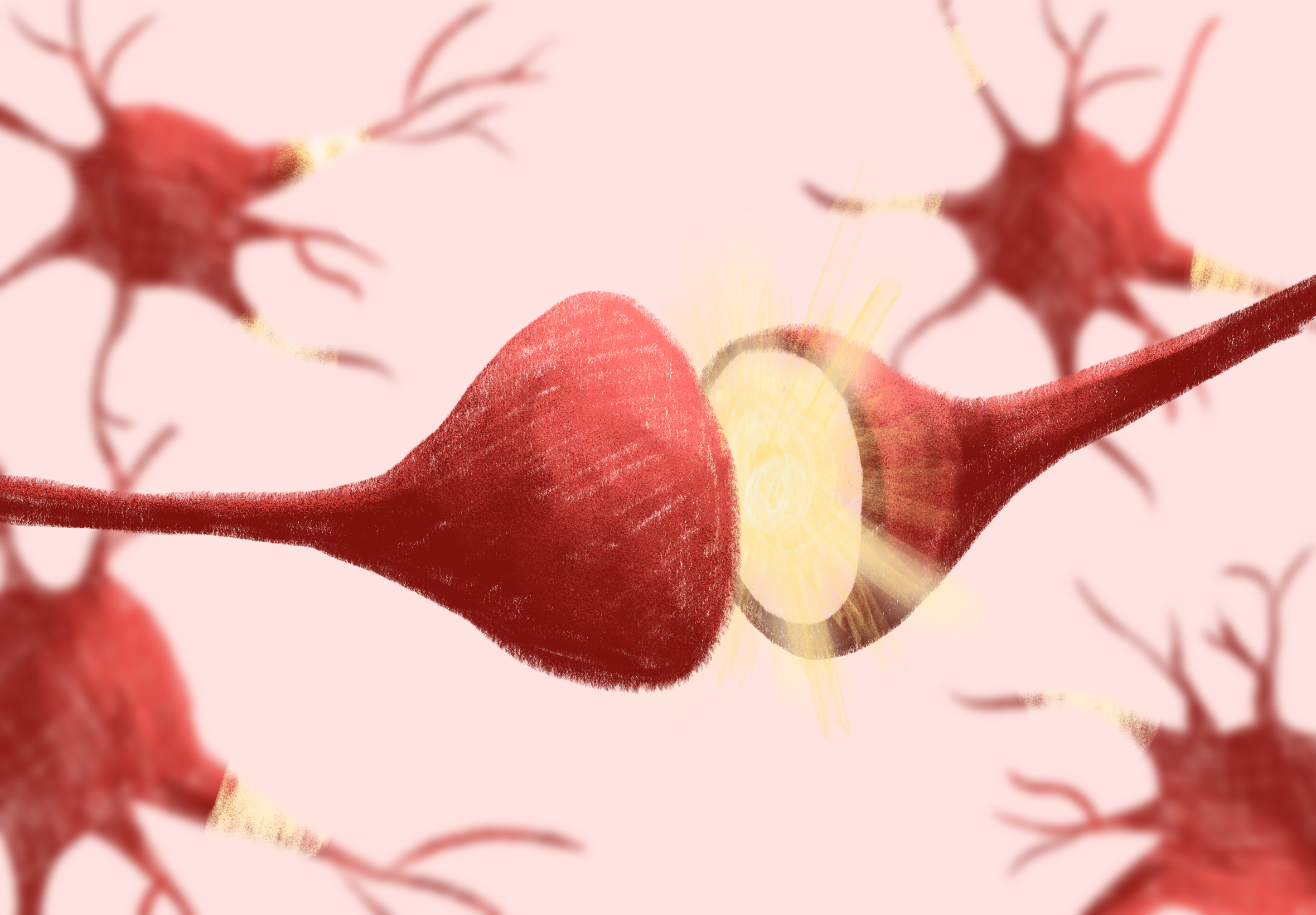Selective serotonin reuptake inhibitors (SSRIs) enhanced the ability of T cells to fight cancer and suppressed tumour growth across a range of cancer types in both mouse and human tumour models.
The study, published in Cell, May 20, further showed that cancer patients with low levels of the serotonin transporter (inhibited by SSRIs) showed improved survival in comparison to patients with higher levels.
“It turns out SSRIs don’t just make our brains happier, they also make our T cells happier – even when fighting tumours,” says Lili Yang, the senior author, from UCLA Health Jonsson Comprehensive Cancer Center, Los Angeles, California. “These drugs have been widely and safely used to treat depression for decades, so repurposing them for cancer would be a lot easier than developing an entirely new therapy.”
Immune checkpoint blockade (ICB) therapies, which combat the immunosuppressive nature of tumours by antagonising negative immune regulators, are only effective in around 15 to 25% of patients. Much of the focus of ongoing cancer immunotherapy research is the development of strategies to better support potent immune responses.
Although serotonin (also known as 5-hydroxytryptamine) is widely recognised as a neurotransmitter that works in the central nervous system, regulating sleep, mood and behaviour, only ~ 5% of the body’s serotonin is synthesised in the brain. The vast majority (around 95%) is produced in the gut [MOU1] [JF2], and beyond its role in regulating gut motility and inflammation, serotonin is transported via platelets to peripheral tissues. Here, it serves as a signalling molecule regulating physiological processes, including glucose metabolism, adipogenesis, insulin secretion, and tissue regeneration.
The connection between serotonin and immune function first emerged from observations that immune cells isolated from tumours had higher levels of serotonin-regulating molecules. In 2021, Yang and colleagues reported in Nature Communications that T cells produce MAO-A (an enzyme that breaks down serotonin and other neurotransmitters, including norepinephrine and dopamine) when they recognise tumours, making it harder to fight cancer. The team went on to demonstrate that treating mouse models of melanoma and colon cancer with MAO inhibitors helped T cells attack tumours more effectively.
SSRIs, used to increase serotonin levels in the brain, work by inhibiting the serotonin transporter (SERT), thereby alleviating symptoms of depression and anxiety. Due to safety concerns around MAO inhibitors (including serotonin syndrome and hypertensive crisis), the team switched their attention to SERT, a different serotonin-regulating molecule. “By contrast, SSRIs selectively target the SERT, avoiding interference with other monoaminergic pathways. This specificity contributes to their favourable safety profile, making them one of the most widely prescribed antidepressants,” write the authors.
For the current study, Yang and colleagues tested the two most prescribed SSRIs, fluoxetine and citalopram, in mouse models of melanoma, breast, prostate, colon and bladder cancers. The SSRI doses used reflected therapeutic doses in humans, producing comparable serum SSRI levels.
Results showed that in all tumour models, administration of SSRIs reduced average tumour size by over 50% and made killer T cells more effective at killing cancer cells. Safety of the SSRI treatments was validated by the lack of exaggerated tissue inflammation, autoantibody induction, and systemic peripheral T cell proliferation and hyperactivation outside of the tumours.
The team also showed that administration of SSRIs resulted in reduced tumour growth in xenograft human tumour models of melanoma and human neuro-endocrine prostate cancer.
In mouse models of melanoma, the team went on to investigate whether combining SSRIs with anti-PD-1 antibody (a common immune checkpoint inhibitor) improved outcomes. Results showed that the combination significantly reduced tumour size in all treated mice, and that in some cases mice even achieved complete remission.
The investigators found that SSRIs, unlike MAOIs, which induce aggressive behaviour in mice, did not provoke abnormal behaviours.
To investigate the clinical relevance of SERT levels, the team used tumour immune dysfunction and exclusion (TIDE) computational methods to explore correlations with outcomes in 67 patients with melanoma, 233 with breast cancer, 484 with lung cancer, 259 with kidney cancer and 258 with sarcoma. Results showed a statistically significant increase in survival for patients with low versus high SERT levels for melanoma (P=5.07 x 10-5), breast cancer (P=0.0272), lung cancer (P=0.0377), kidney cancer (P=0.0147) and sarcoma (P=0.0313).
“These findings highlight SSRIs as safer, more effective candidates for targeting the intratumoral serotonin axis in next-generation cancer immunotherapy,” conclude the authors.
A limitation of the study, they add, is that it did not explore whether SSRIs also affect intratumoral neurogenesis and whether neuroimmune cross-talk can influence disease expression. “Further investigation into these cross-system complexities of serotonin signalling and the impact of SERT inhibition on these dynamics will increase the applicability of SSRIs and deepen our understanding of the TME [tumour micro environment],” write the authors.
Next, the team plans to explore whether cancer patients treated with checkpoint inhibitors do better when also prescribed SSRIs. “Since around 20% of cancer patients take antidepressants — most commonly SSRIs — we see a unique opportunity to explore how these drugs might improve cancer outcomes,” says Yang “Our goal is to design a clinical trial to compare treatment outcomes between cancer patients who take these medications and those who do not.”












